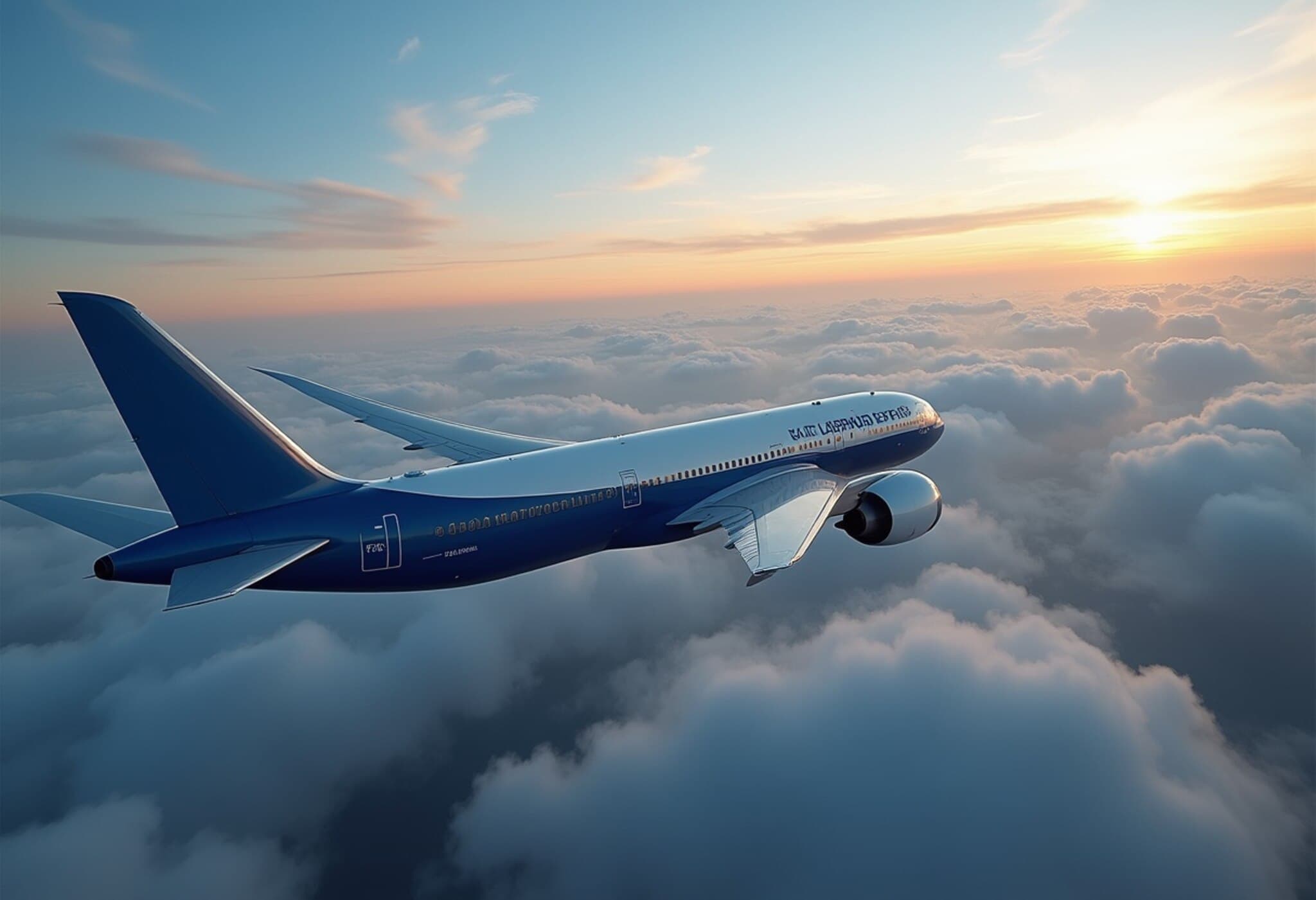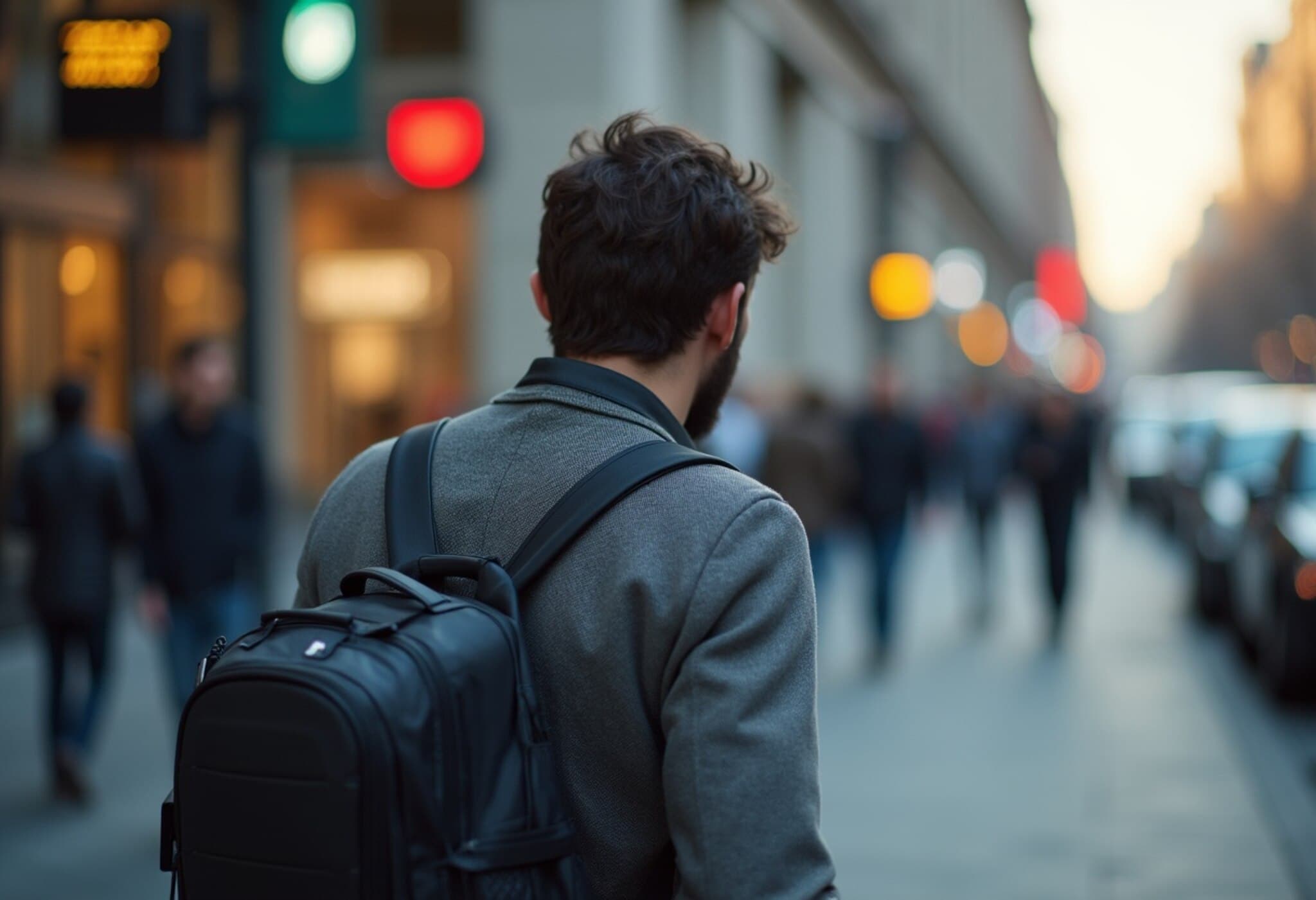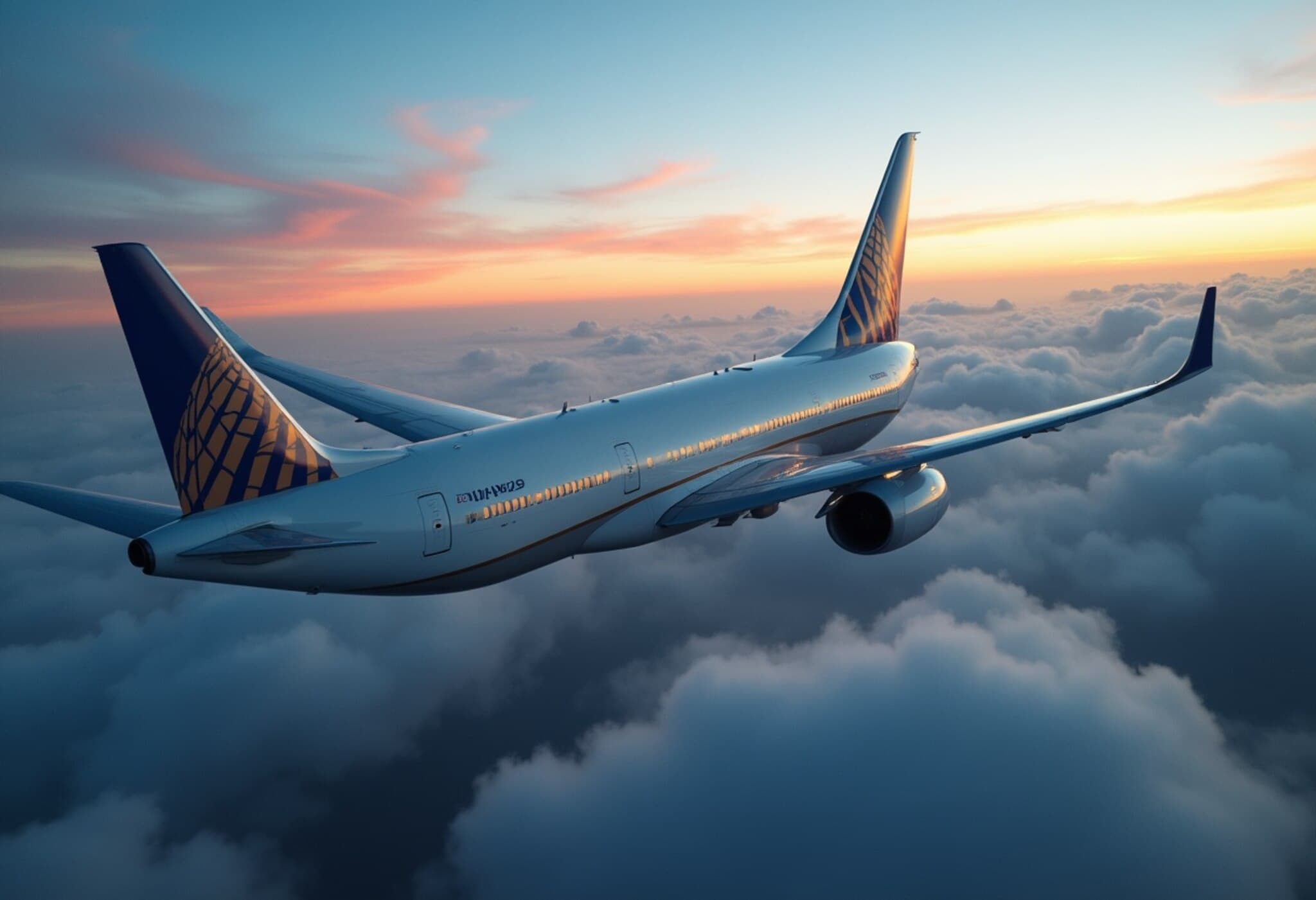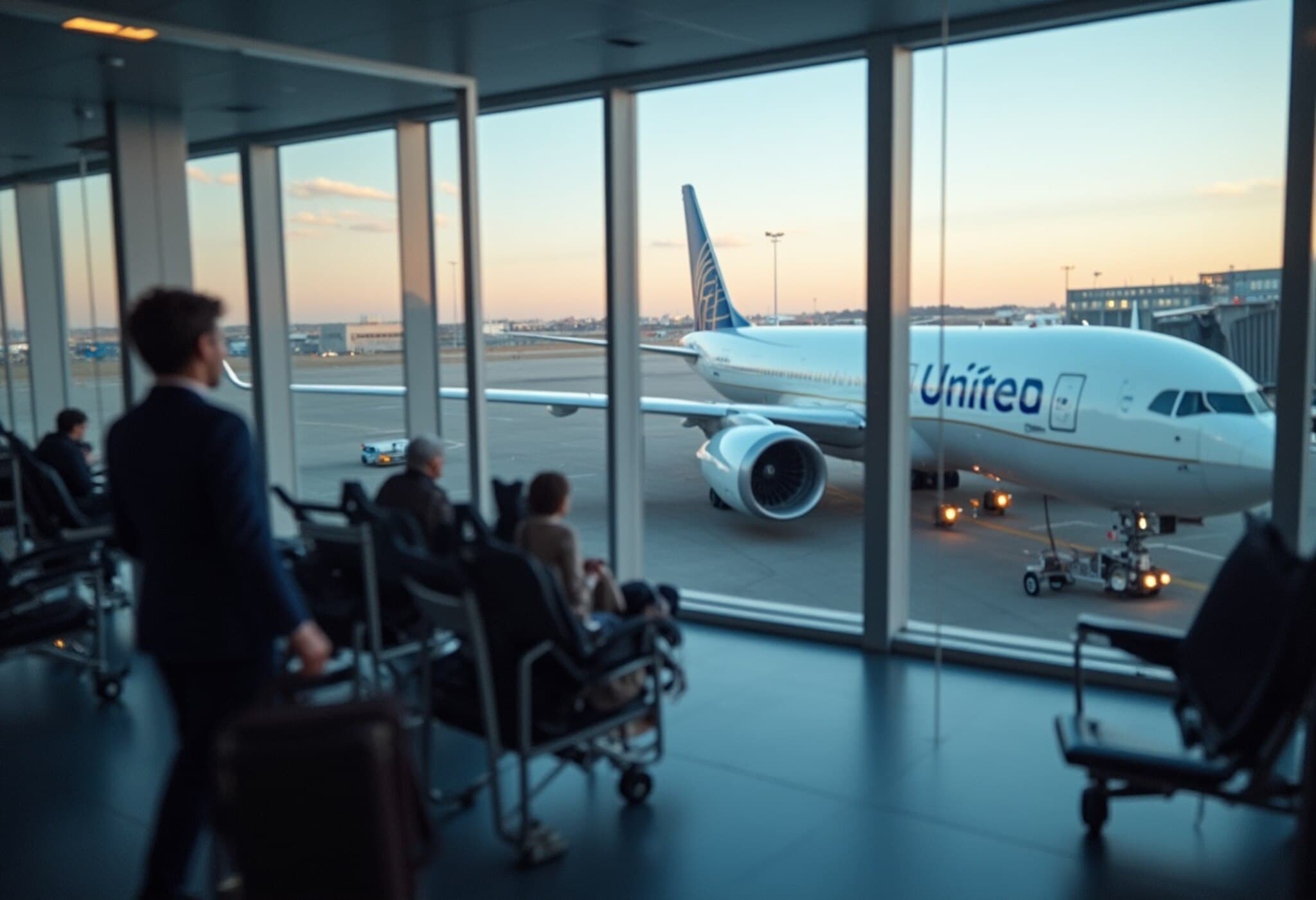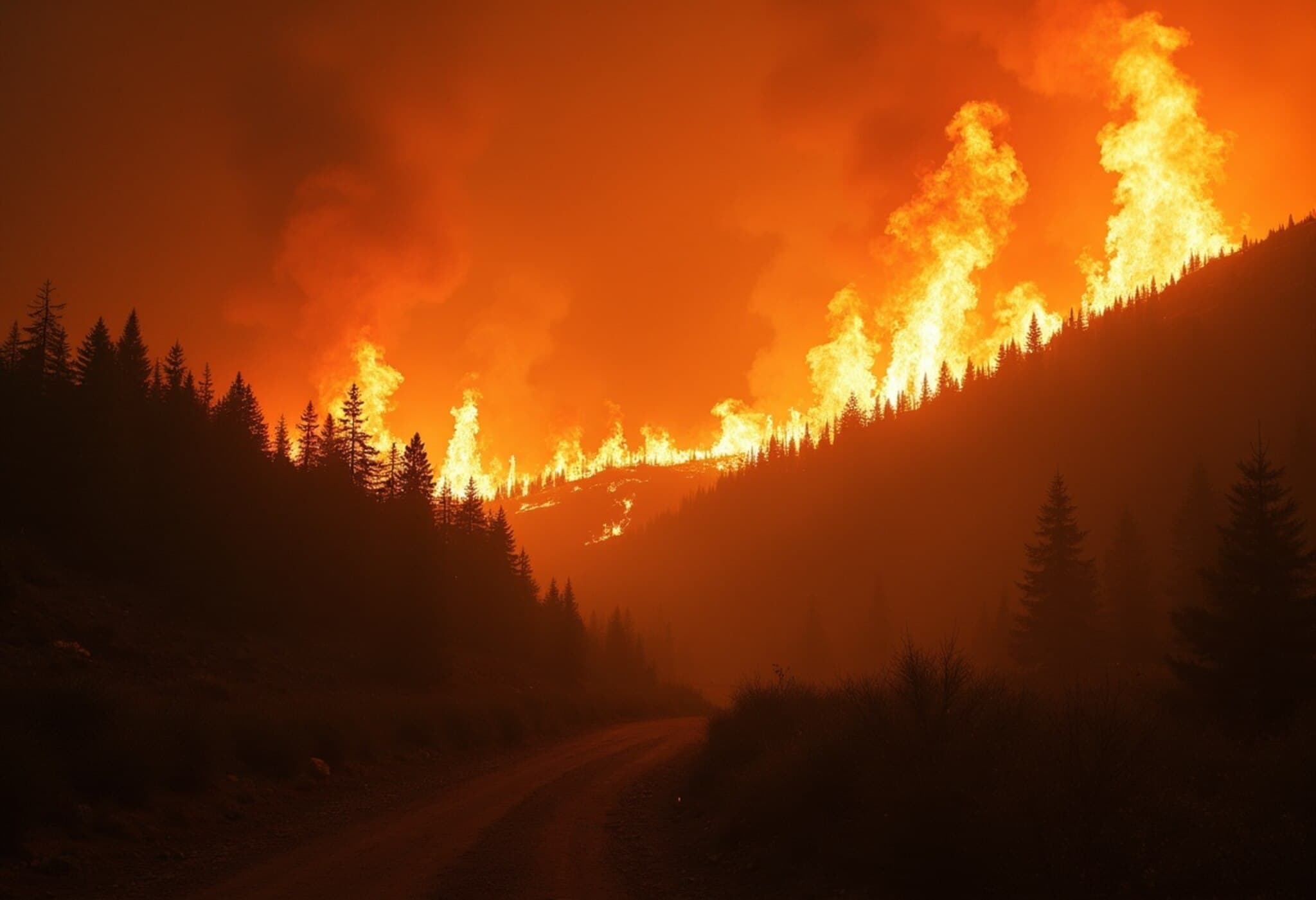Ambitious Solo Flight Record Put on Hold Amid Unexpected Arrest
In a surprising turn of events, a young American aviator's quest to become the youngest pilot to fly solo to all seven continents has been abruptly paused. The pilot, only in their early twenties, was taken into custody, putting the world record attempt on hold and sparking a wave of concern among aviation enthusiasts worldwide.
The Dream and the Detour
The pilot's ambitious journey was closely followed by a growing online community and aviation fans who lauded the fearless spirit behind the mission. Solo flights across multiple continents are perilous and demand not only exceptional flying skills but also rigorous planning to navigate changing climates, airspace regulations, and logistical challenges.
Until the arrest, the pilot had successfully completed flights on five continents, showcasing resilience and a passion that inspired many young aviators. However, the details surrounding the arrest remain sparse, stirring speculation and raising critical questions about what led to such a disruption.
What We Know and What We Don’t
- Official statements: Authorities have confirmed the arrest but have declined to disclose specific charges pending ongoing investigations.
- Impact on the flight: The pilot is currently in custody and unable to continue the planned legs to Antarctica and Australia.
- Community reaction: Supporters have launched social media campaigns urging a speedy resolution and expressing solidarity with the pilot.
Contextualizing the Arrest: Aviation Rules and Cross-Continental Travel Challenges
Flying solo across continents involves navigating an intricate web of legal clearances, international aviation laws, and varied country-specific regulations. Young pilots, often trailblazers of their generation, can face unforeseen legal hurdles relating to airspace permissions, environmental regulations, or aviation safety protocols.
Experts point out that while spirit and dedication fuel such record attempts, compliance with intricate aviation laws is critical. This incident underscores the importance of thorough preparation, including understanding geopolitical climates and legal frameworks, especially in an era where regulations evolve rapidly due to security concerns.
Broader Implications and Underreported Angles
This arrest invites a deeper conversation about the support young aviators receive when undertaking unprecedented feats. Are there sufficient regulatory guides and mentorship programs to help navigators avoid legal pitfalls? How do international jurisdictions collaborate to balance adventurous spirit against safety and legal compliance?
Moreover, it raises questions about the media narrative surrounding young trailblazers when setbacks occur — whether their stories are reduced to sensational headlines or explored with nuance and empathy.
Looking Ahead: The Road to Resolution
As legal processes move forward, the aviation community remains hopeful. Should the pilot resume the journey, lessons drawn from this episode may strengthen protocols and encourage more robust support networks for solo pilots attempting such formidable challenges.
This event also highlights the intersection of youthful ambition and complex regulatory landscapes, reminding us that breaking records always involves navigating far more than physical distance.
Editor's Note
The arrest of the young pilot halting a world record attempt is a stark reminder of the delicate balance between audacious dreams and the realities of international law. It prompts reflection on how aspiring record-breakers are supported and regulated, revealing the unseen challenges behind headline-grabbing feats. Moving forward, stakeholders in aviation and policy may need to rethink frameworks to better nurture and protect such pioneering spirits while ensuring compliance and safety.








